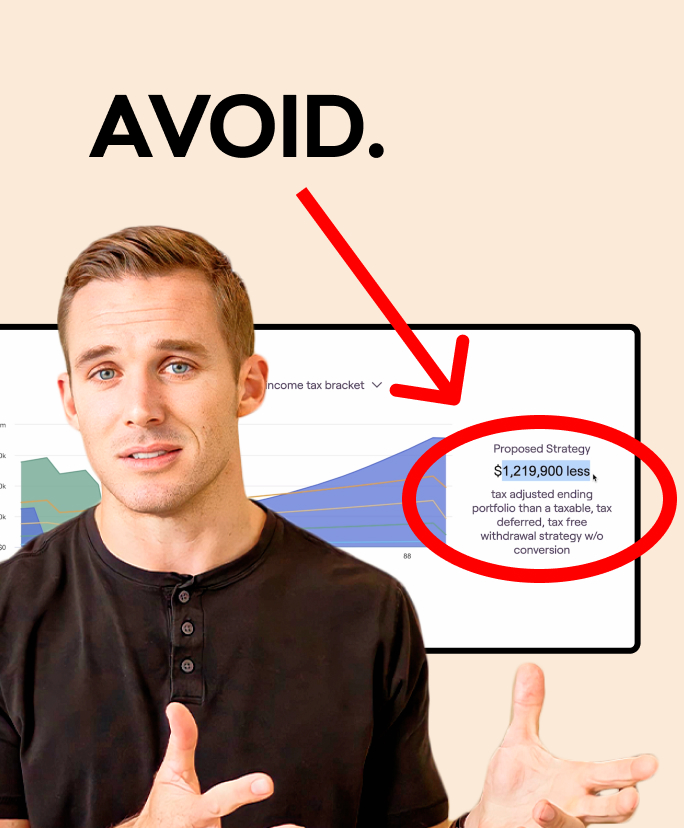Let’s say you lend $100,000 to two companies: Really Great LLC and Pretty Good LLC. You charge both of them 5% interest, and they agree to pay you back over the course of five years.
Now fast forward.
Really Great LLC triples in value. Pretty Good LLC plods along and ends up roughly where it started. What’s your payoff?
Same in both cases: 5% interest per year, and your principal back at the end. That’s the difference between being a lender and being an owner.
Bonds: The Negative Art
Legendary investors like Ben Graham and Howard Marks have described bond investing as a “negative art.” Not as a critique, but as a matter of prudence. In equity investing, your upside is theoretically unlimited. With bonds, the best you can do is get back what you were promised. Your job isn’t to find home runs—it’s to avoid strikeouts. No need to seek greatness; just avoid mistakes.
Who cares if Really Great tripled and Pretty Good didn’t? It has no bearing on you as a lender, as long as you’re paid back.
When your upside is fixed but your downside is real (like in a default), the math is unforgiving. That’s why bond investors should be hyperaware of credit quality, duration, and principal protection. As Marks puts it, “bond investing is largely a matter of exclusion”—any edge comes from what you don’t own.
So while bonds rarely make headlines (except for last week), they play a quiet but crucial role in portfolios: providing stability, predictability, and a cushion when stocks get squirrely.
Stocks: The Positive Art
Equity investors, by contrast, own a slice of the action and participate more symmetrically in a business’s successes and failures. They don’t just lend the money and hope it’s paid back. If Really Great triples in value and you’re a shareholder—you feel it and see it.
The tradeoff? The choppiness (or the dreaded v-word: volatility) along the way. Unlike bonds, where price changes are relatively slower and muted, the ride will almost certainly be bumpier. Yet stock ownership historically offers the most reliable path to outpacing the increasing prices of goods and services (inflation) over time. Where bond investing is about not losing, equity investing is about capturing what could go right.
Building the Right Team
Stocks and bonds shouldn’t be in competition—they’re complementary tools for your portfolio. One plays offense. The other plays defense. One helps you grow. The other helps you endure.
Bonds ask: what could go wrong, and how do we limit that? Stocks ask: what could go right, and how do we participate? At Root, we believe the “negative art” of lending allows us to go on the offensive with the “positive art” of ownership. Like any great team, it’s the coordination of the unit that leads to continued success.
CONSIDER
Sara and John are both 66 years old.
At 18, Sara began investing $2,000 a year into an investment account earning 10% annually. She stopped contributing at age 26—but left the money untouched and invested all the way to age 66.
At 26, John began investing $2,000 a year into an investment account (also earning 10% a year) each year until age 66.
Sara invested a total of $16,000. John invested a total of $80,000.
Today, Sara has $1,138,675.35 and John has $973,703.62.
8 years of saving versus 40 years of saving. 48 years of compounding versus 40 years of compounding. The so-called eighth wonder of the world. Still, it makes sense that we struggle to grasp it—I can easily tell you what 8+8+8+8+8+8 equals, but I have no idea what 8x8x8x8x8x8 comes out to.
–
Let’s get after it this week!
Brooks
Brooks Palmer, CFP® is Head of Investments at Root where he helps identify, evaluate, and implement investment solutions tailored to clients’ needs. In Full-Court Press, he breaks down what’s happening in the markets—cutting through the noise and jargon—while connecting it to Root’s core investment tenets so you can make the most of your money and your life!
Advisory services are offered through Root Financial Partners, LLC, an SEC registered investment adviser. This content is intended for informational and educational purposes only and should not be construed as personalized investment advice or a recommendation to buy or sell any security. Any forward-looking statements, including expectations about market returns, are hypothetical in nature, do not reflect actual investment results, and are not guarantees of future performance. Past performance is not indicative of future results.


